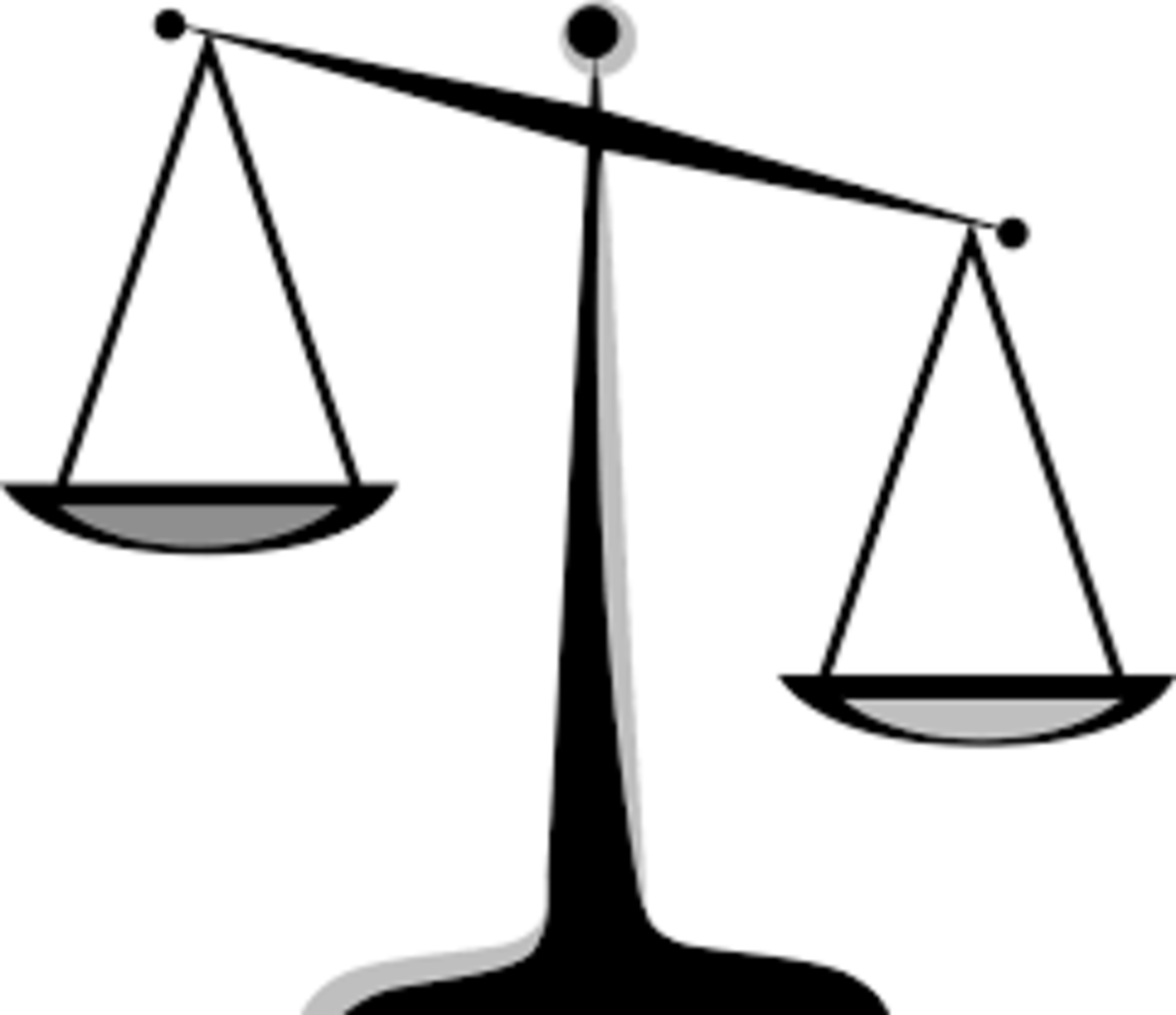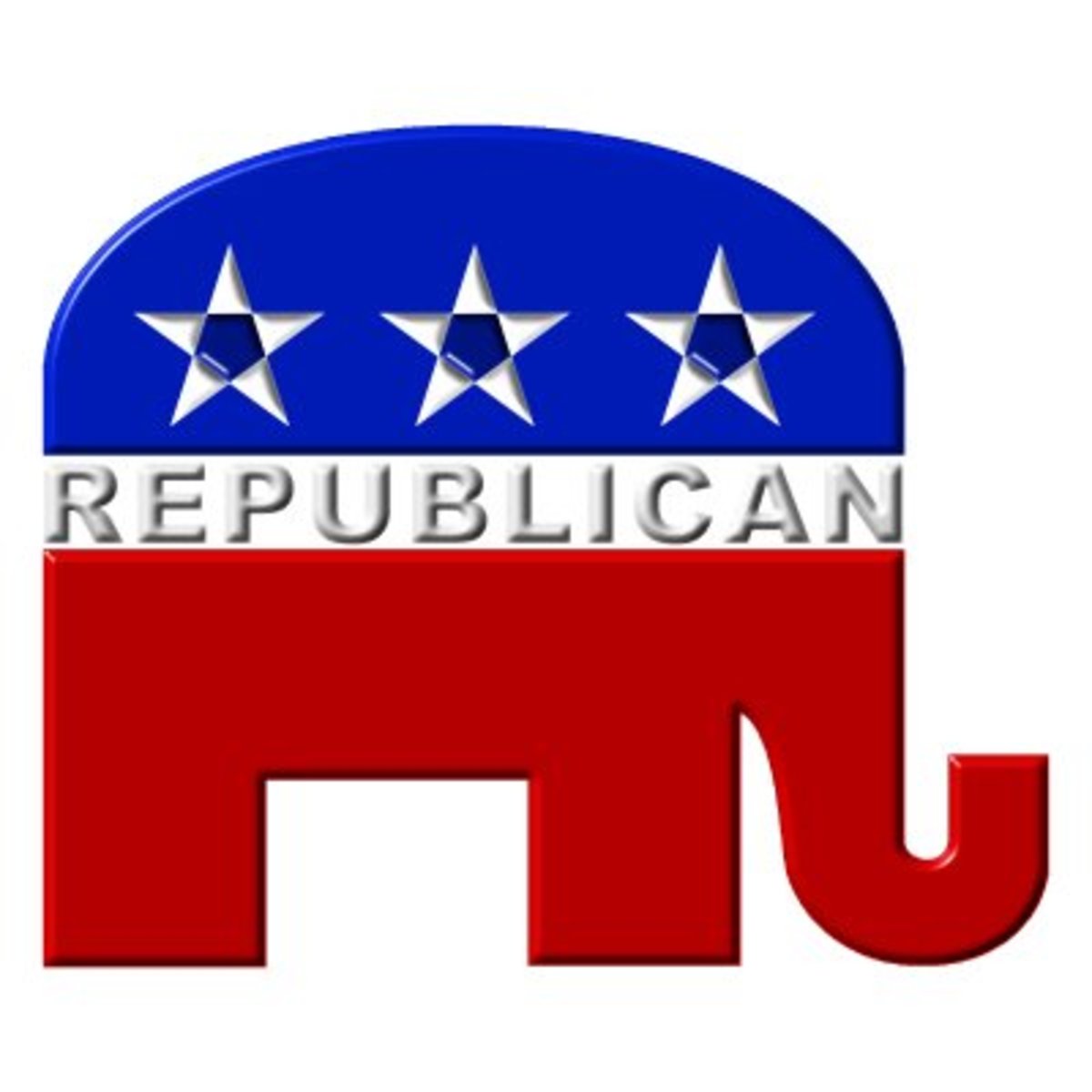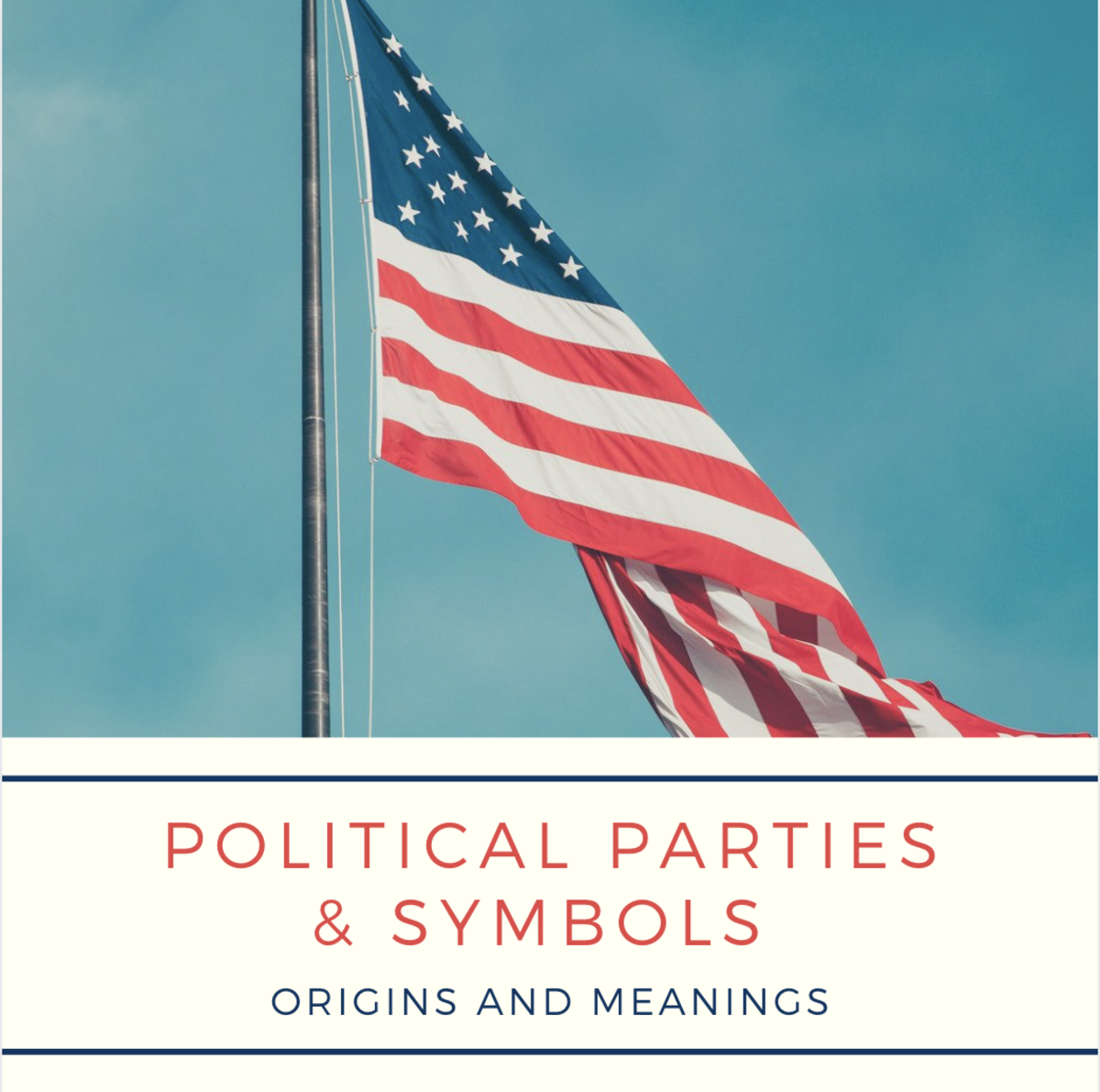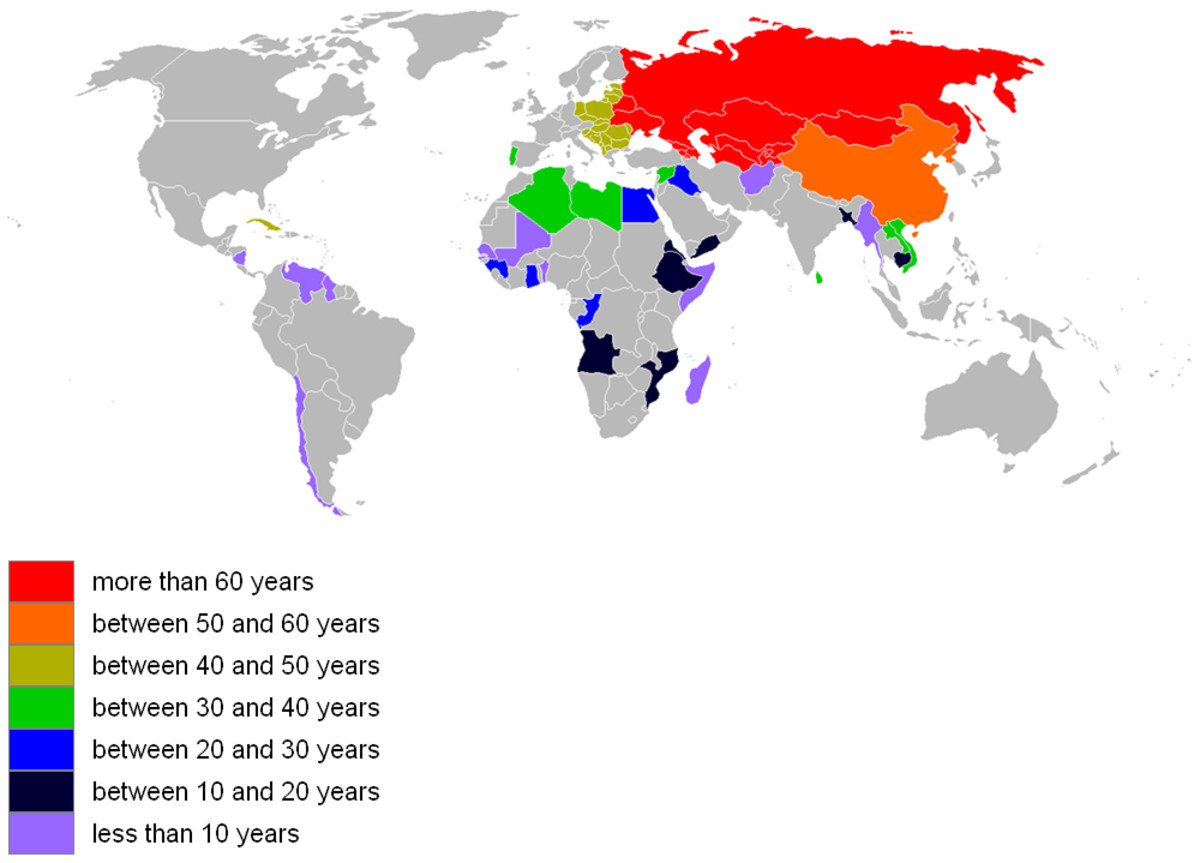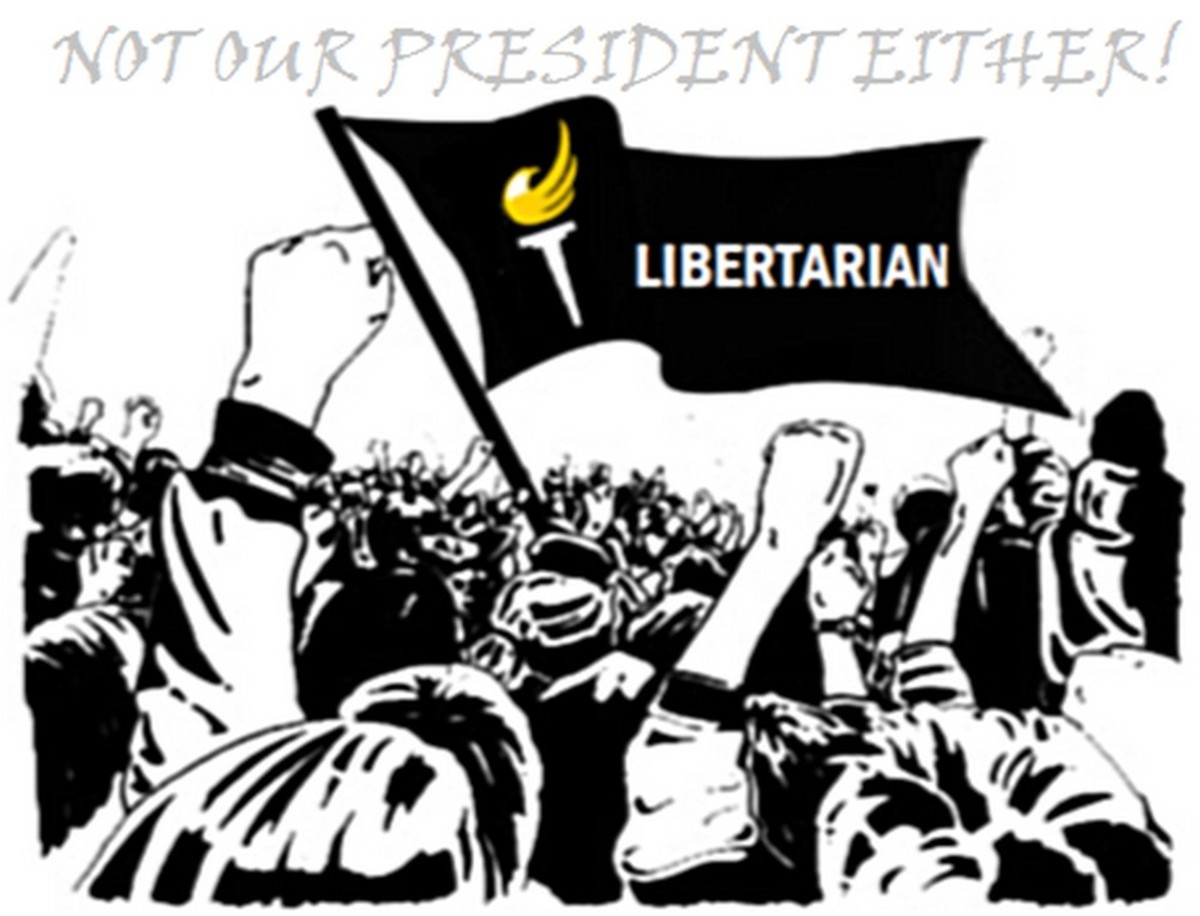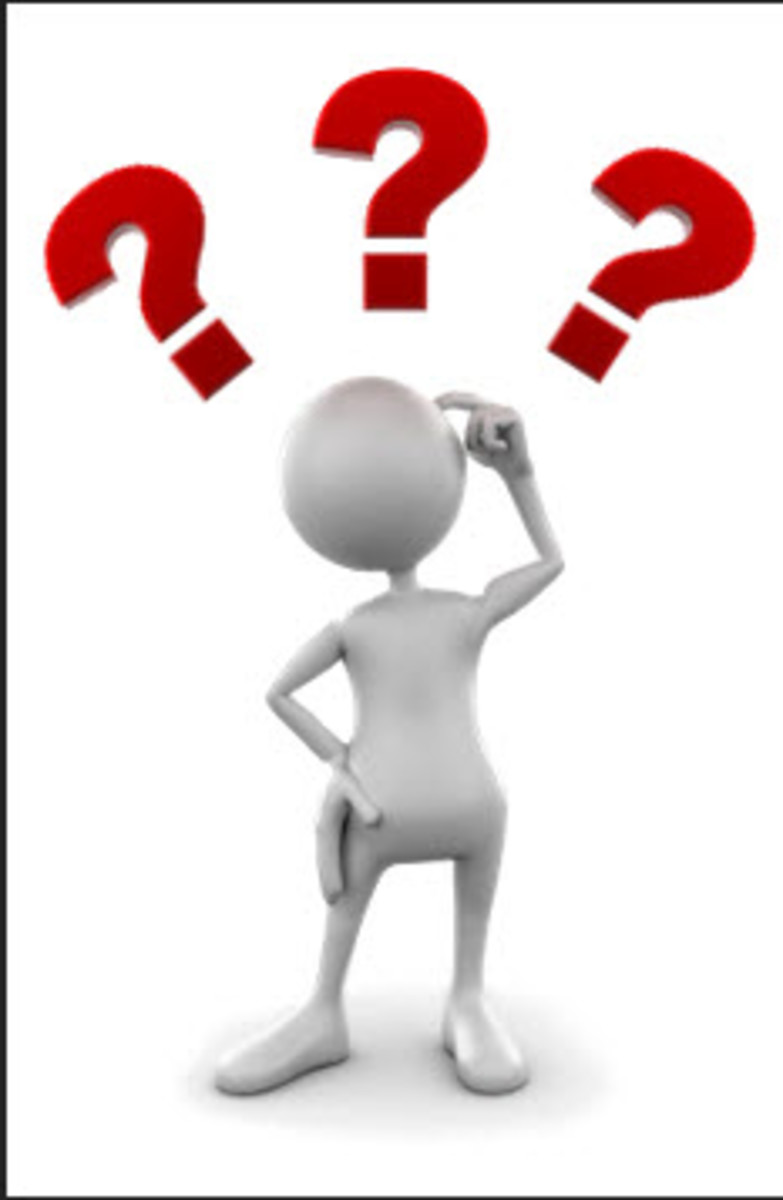Why do we have Political Parties?
Why should we have political parties?
Human is different from all other forms of life. Only the animal in human is social, who likes to be in groups. Rest of the human is fiercely independent. This can be confirmed too, easily. We are always at ease, and enjoy to continue with, whatever we are comfortable with, and is of interest to us, while yearning for company for attempting things we aren’t very sure of. To be a bit more to the point, all our discoveries and inventions came out as individual streaks of brilliance, none of those being attributable to a group effort. Also, take our approach to serious issues, for example, on matters of defence. It is an established tactic by all well trained forces to split and re-position itself with as low a profile as possible, to escape from dangers. All our achievements and successes in other areas also fall, into what can be called streaks of personal excellence. But, for doing the most important job in relation to our existence itself, the formation of an identity, we have opted for political parties. And it has become the ultimate organization of our society. How did it happen? Why did we choose this path, which is, seemingly, an unnatural route?
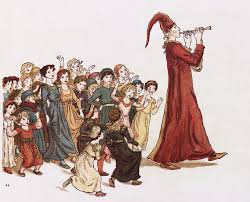
The earliest party?
The earlier days of democracy would have been great, the vast treasure of ancient literature pointing to unparalleled intellectual wealth, to note one thing we can deduce from the signs left by bygone eras. Whoever is chosen by people would have had to try their utmost, to make and deliver the expected results. Suppose some of them couldn’t, for whatever reason. And they would have had to face unmentionable atrocities, as a result of people’s wrath. (I think such was the case of Socrates, he might have been forced to drink poison for some horrible misdeed or failure by his followers. And the misdeeds escaped the attention of the historians.) It is possible that such a thing led to serious contemplation among the learned. And they wanted to do something to save themselves from future miseries of similar nature. It is also possible that there were quite a few disgruntled elements, like we find these days in all our endeavors, who in addition, wanted to harm the flourishing society. In all probability, such elements joined together and formed themselves into a group, calling themselves a ‘party’. And since that day democracy has never been the same.
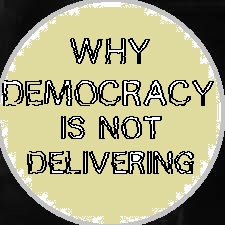
I think, democracy as we follow leaves a lot to be desired, is a well known fact. There is no one who hasn’t felt the incongruities of ‘party democracy’, I suppose, since, improvements are being contemplated for the existing political system of governance in all democratic countries. Otherwise, what is the need to devote a lion’s share of governmental efforts, not towards the activities of governance, but in bettering governance? Also, which government does not spend a lion’s share of its efforts for 'correcting' what its predecessor did?

Look into Past
But, it has been so, since the earliest days I can remember, and in any part of the world. I have attended scores of political meetings, where, allocating resources for improving the existing system governance (especially those involving public service) was cited as the most urgent need facing the nation, to justify additional taxes and other expenses. Nowadays also, this remains as a priority area for all governments. It seems we have not been able to improve our system of governance or we failed in identifying the right cause for ‘democracies not being able to deliver the goods’.
In fact, it is the party or party politics that have destroyed the fundamental character of democracy, one that makes it self governance. It has unceremoniously negated the primary condition which would have ensured rational decision making at all levels. That all who participates will do so according to their free will, expressing their views without fear or favor. Hence, the party system has converted democracy, just to a maker of ‘qualified’ decisions. Not only that, it has reduced the function of opposition to one of always opposing the ruling side, a rather meaningless task. As a result of this, in cases where such decisions do not produce the desired effect or lead to a failure, rather than re-examining the decisions, the ruling side can always find an easy excuse, the ‘opposition’.

Parties are a waste
Society is better without Parties
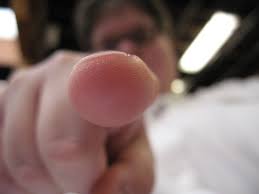
What Good Parties do?
The party politics, however, is accepted wholeheartedly by all. Why? The advantage, I think, is that no failure can ever get attributed to a single group. But every group can gloat in case of success, and a party can shoulder all failures, that too, with impunity to all its members. Also, all parties can have a share in the glory of success. This is thus a unique system where none of the constituents of a system is responsible for its failure. Also, which I think is more significant, since we saw earlier how, people with less self confidence is always on the lookout for ‘company’, the attraction to party politics is a clear sign of the abject incompetence of our race.
What Good can we do to Parties?
This I think is a time for reckoning. Can't we benefit from parties? How can we make parties into something that can help human race grow?
We need to re-imbibe the sense and meaning of a party. For example, like we follow a time table for all our lessons at school or college, one can adopt a time table and align with each and every party for more or less equal duration. This, I am sure, will broaden one's capacity to understand and appreciate our society at large.
Unlike what is mentioned so far, here, a party should be able to add to one’s brilliance. Clearly, it will be acting as a facilitator to let the complete populace enjoy the glories of success, while providing a platform to absorb the shocks of a failure. This can let our society blossom, and grow in its natural path.

